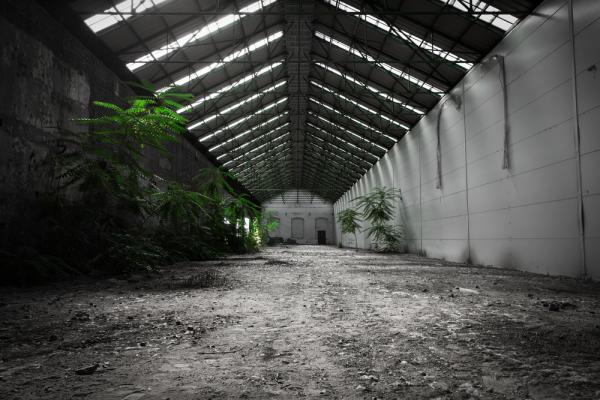Feb 23, 2016
Self-professed best friends, Anthony and Dustin have two very different energies. Anthony is compact, and speaks with vivid and pointed images that cut through the fog of misconception. His gaze is simultaneously direct and yet deeply reflective. Dustin emanates a good ol' southern boy vibe: easy grin, easy mannerisms, each movement relaxed and deliberate.
And then there is the one glaring difference between them: Anthony is black. Dustin is white.
Read the Full Article

Already a subscriber? Login
